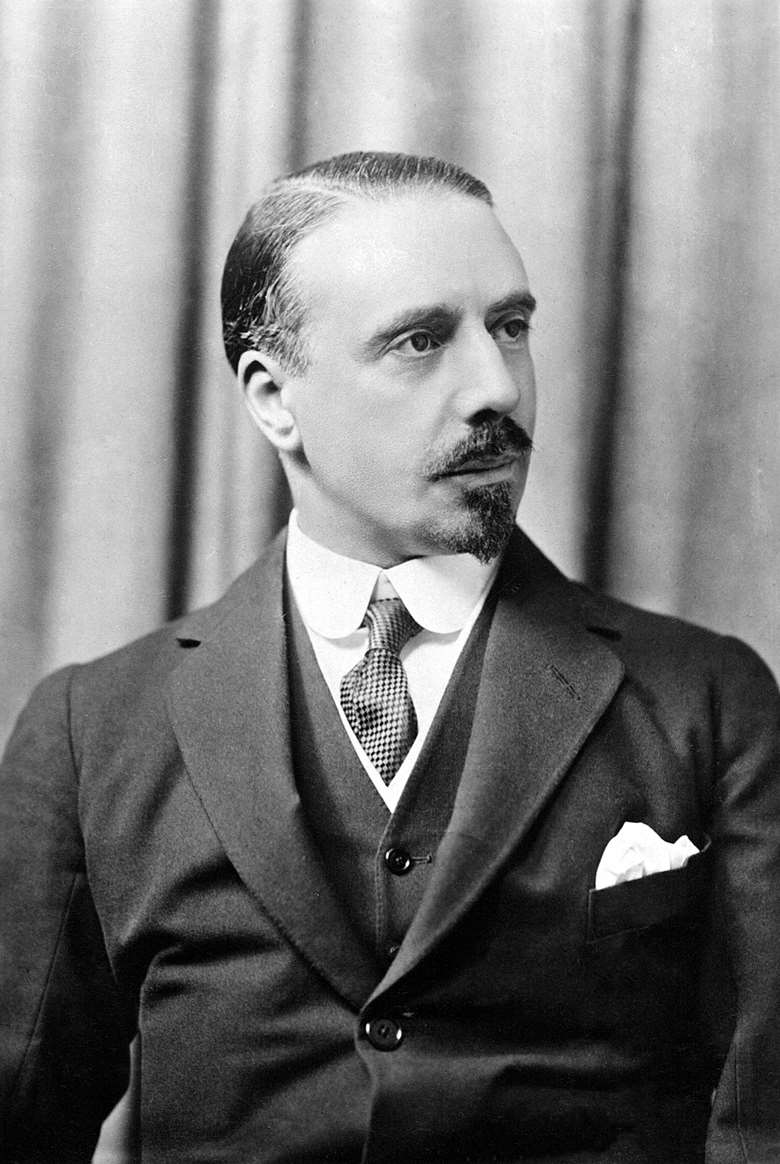Thomas Beecham: the life and legacy of the conductor
Rob Cowan
Wednesday, March 1, 2017
Rob Cowan speaks to musicians who played under Beecham in order to understand what made him such an inspirational conductor

Register now to continue reading
Thanks for exploring the Gramophone website. Sign up for a free account today to enjoy the following benefits:
- Free access to 3 subscriber-only articles per month
- Unlimited access to our news, podcasts and awards pages
- Free weekly email newsletter








